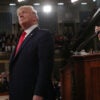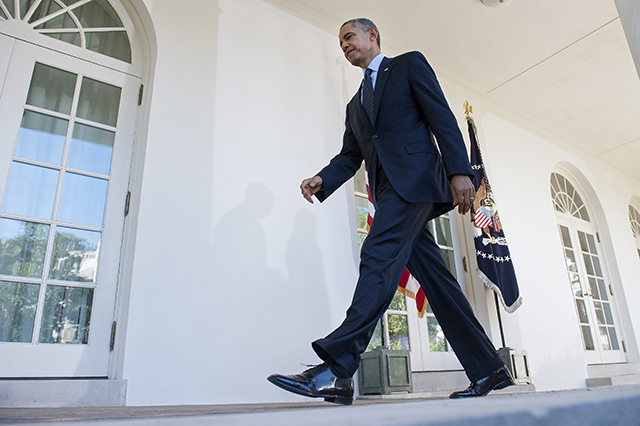President Obama urged Congress to pass the Employee Non-Discrimination Act (ENDA) in a blog post published late last night. All Americans should oppose unjust discrimination, but ENDA does not advance that goal. In fact, it moves us in the wrong direction, as a new Heritage Backgrounder explains.
President Obama asks in his blog post: “Does it make a difference if the firefighter who rescues you is gay—or the accountant who does your taxes, or the mechanic who fixes your car?” Of course it doesn’t. But sexual orientation and gender identity are used to describe behaviors as well as identities, and sometimes it could be reasonable for businesses to consider the impact of behaviors at the workplace. No doubt these are difficult and delicate issues, and that is why they are best left to those closest to the decision—not a one-size-fit-all rule from Washington.
ENDA would impose liability on employers for alleged “discrimination” based not on objective employee traits but on subjective and unverifiable identities. It would create new protected classes—based on an “individual’s actual or perceived sexual orientation or gender identity”—that would expose employers to unimaginable liability. ENDA could require employment policies that undermine common sense about a host of workplace conditions, especially regarding issues surrounding gender identity.
The bill defines “gender identity” as “the gender-related identity, appearance, or mannerisms…of an individual, with or without regard to the individual’s designated sex at birth.” In other words, it creates special rights for transgendered individuals—males who dress and act as females, and females who dress and act as males—and forbids employers from considering the consequences of such behavior in the workplace.
Issues concerning gender identity are difficult. All ought to agree that young children should be protected from having to sort through questions about gender identity before an age-appropriate introduction. ENDA, however, would bar employers from making certain decisions about transgendered employees.
Although ENDA includes some exemptions for religious education, it provides no protection for students in other schools who could be prematurely exposed to questions about gender identity if, for example, a male teacher returned to school identifying as a woman.
Moreover, we can’t deny the relevance of biological sex in many contexts. An employer would be negligent to ignore the concerns of female employees about having to share bathrooms with a biological male who identifies as female. Failing to consider these repercussions raises a host of concerns about privacy rights. But ENDA would prevent taking these concerns into account.
America is dedicated to protecting First Amendment freedoms while respecting citizens’ equality before the law. But ENDA does not protect equality before the law; instead it would create special privileges that are enforceable against private actors. ENDA raises concerns about free speech and religious liberty, about freedom of contract and government interference in the marketplace, and about marriage and culture.
In short, ENDA seeks to regulate employment decisions that are best handled by private actors without federal government interference. ENDA disregards the consciences and liberties of people of goodwill who happen to not share the government’s opinions.






























